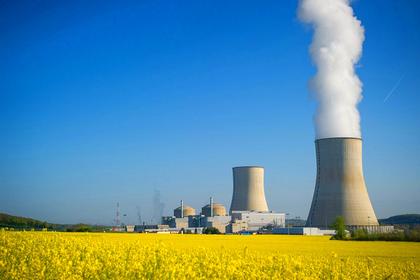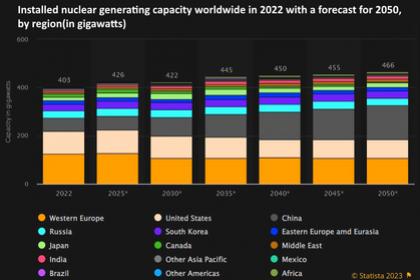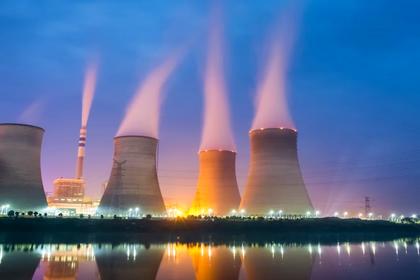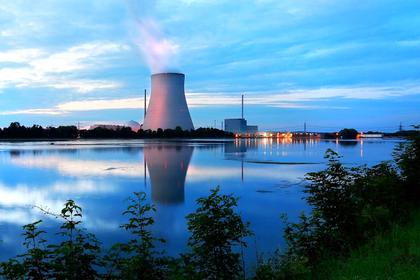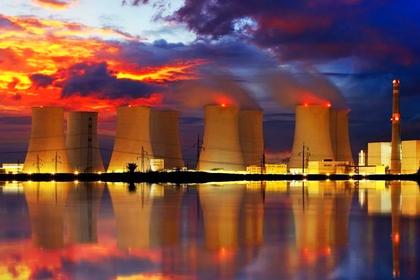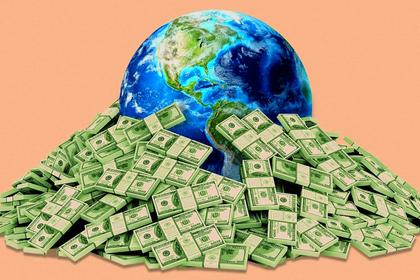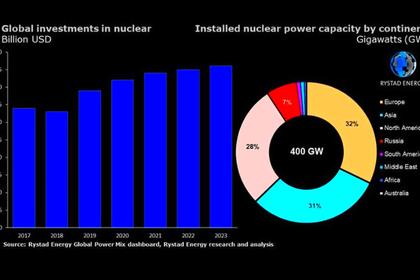
GLOBAL NUCLEAR POWER SUPPORT
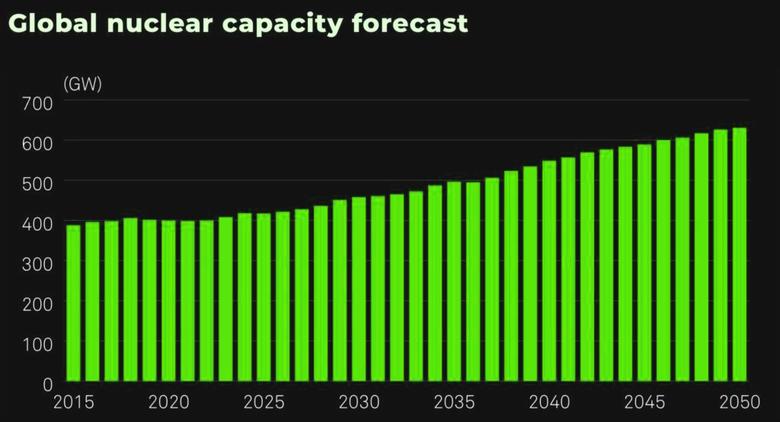
WNN - 19 January 2024 - One-and-a-half times more people support the use of nuclear energy than oppose it, according to a multinational public opinion poll conducted by market research firm Savanta on behalf of energy consultancy Radiant Energy Group.
The Public Attitudes toward Clean Energy (PACE) index is described as "the world's largest publicly-released international study on what people think about nuclear energy", with data collected from more than 20,000 respondents from 20 countries.
"The PACE index was set up to track support/opposition for clean energy sources, what drives those attitudes, and how institutions can better cater to what the public wants," Radiant Energy said.
The survey found that, across the 20 countries surveyed, 28% of respondents oppose the use of nuclear energy while 46% support it. Of the 20 countries surveyed, 17 have net support for nuclear energy's use. Support was found to be more than three times higher than opposition in the world's two most populated countries, China and India.
Preference for nuclear energy was found to be larger than for onshore wind, biomass from trees, or gas with carbon capture and storage. Twenty five percent of those surveyed said their country should focus on nuclear energy, behind only the 33% preference for large-scale solar farms.
Nuclear is seen as the most reliable thermal source of energy, with 66% of respondents saying nuclear is reliable. The survey found that people who view nuclear energy as reliable have over four times more support for its use.
However more than half (53%) of respondents thought nuclear energy created a fair amount or a great deal of greenhouse gas emissions.
The cost of nuclear is seen as low by more people than the cost of wind or solar in countries that have previously phased out nuclear’s use. In Germany, Japan, South Korea and Sweden - countries that have had the largest politically-mandated nuclear phase-outs - nuclear energy is the most positively viewed technology for reducing energy bills.
Globally, 79% of respondents said they are concerned about nuclear safety. Within this group, a majority of 40% nonetheless support the use of nuclear energy while 33% oppose it.
"While support/opposition metrics provide a view of public sentiment they are a bad proxy for how the public wants governments to act," Radiant Energy noted. "Within the group of respondents who say they tend to oppose nuclear energy's use, 54% do nonetheless support government policy to keep operating existing nuclear plants and 17% wish to build more nuclear plants."
Within nuclear-powered countries, more than three times more respondents want to keep using nuclear power than phase it out. Within the four countries without existing commercial reactors, twice as many respondents want to construct new nuclear power plants rather than ban their use.
"This year may have marked a turning point for the nuclear energy industry," said Richard Ollington, Partner at Radiant Energy. "The COP28 pledge to triple global nuclear capacity by 2050 meets the public’s overwhelming demand for new nuclear to be built. The nuclear industry, as well as the governments and banks that support it, should carefully listen to what the public wants and start delivering beyond what the public expects."
Radiant Energy Founder and CEO Mark Nelson added: "Governments that abandon nuclear energy are now facing a backlash from their voting citizens. It is striking that the four countries with the biggest nuclear phase-outs are now countries where the public overwhelmingly sees nuclear as being low cost, more so than even wind and solar."
Savanta questioned 20,122 adults from 20 countries between 17 October and 14 November last year. The survey was conducted online. The countries selected include all G7 and BRICS countries, the world's top 14 countries by 2022 nuclear electricity generation, the UAE, and four countries without nuclear electricity generation from across the world: Australia, Italy, Norway and the Philippines. Eighty five percent of the global population powered by nuclear were represented in the survey.
-----
Earlier:
